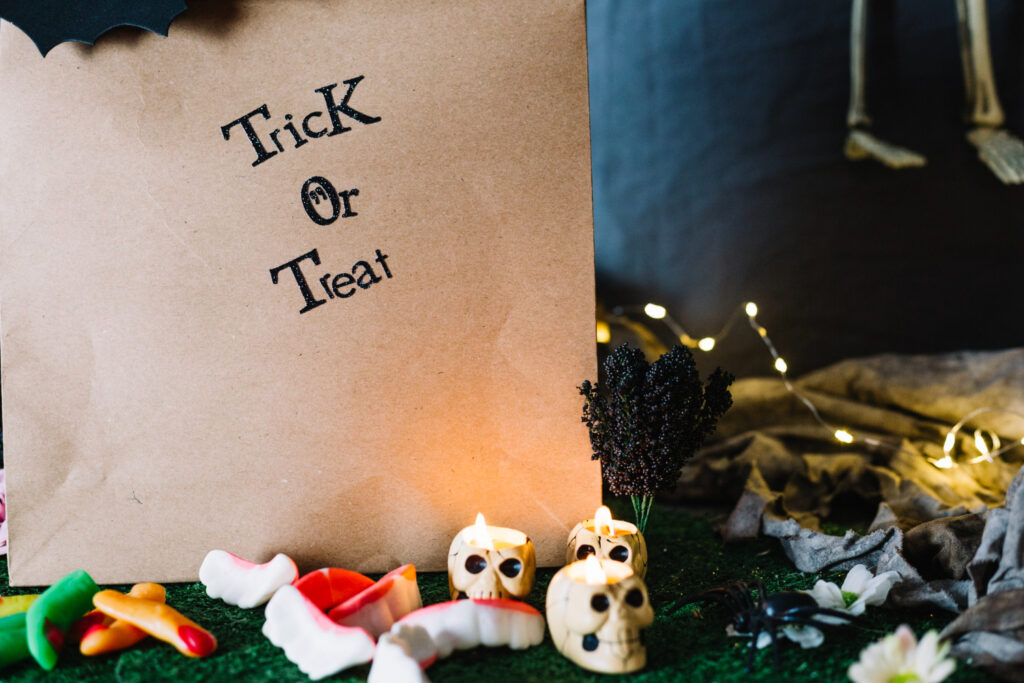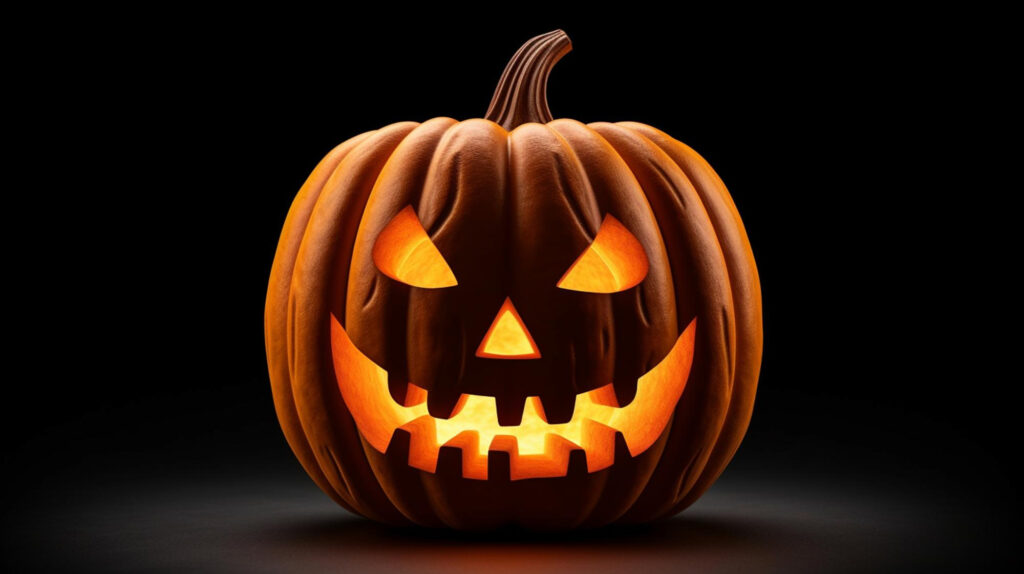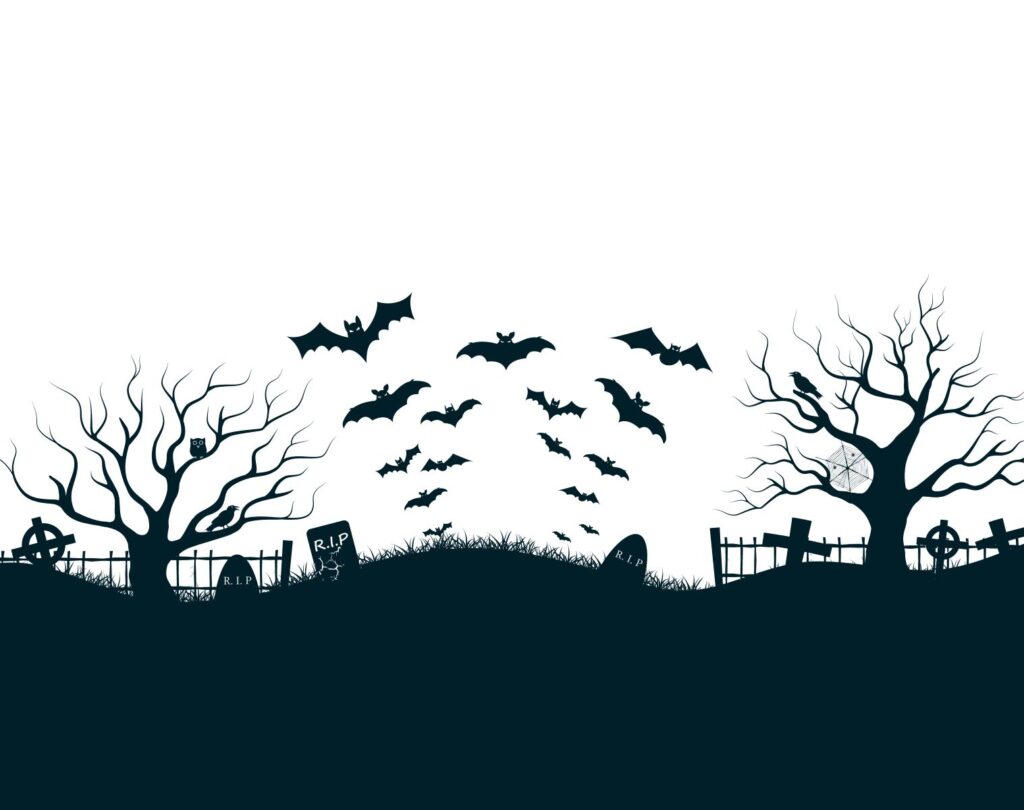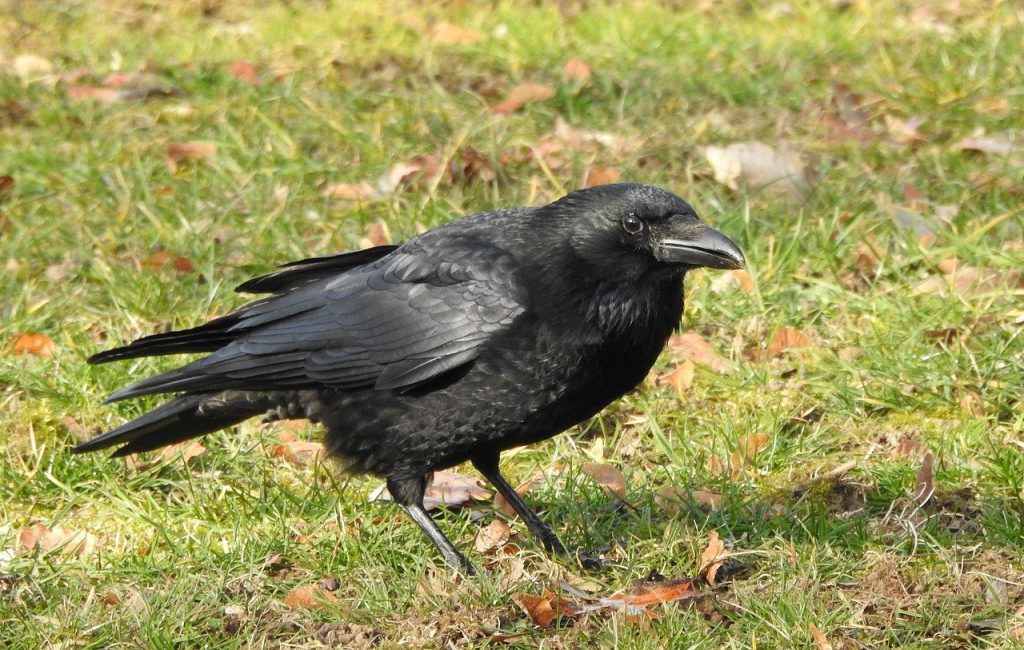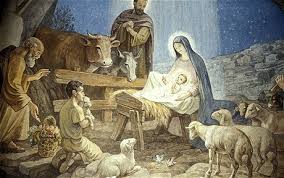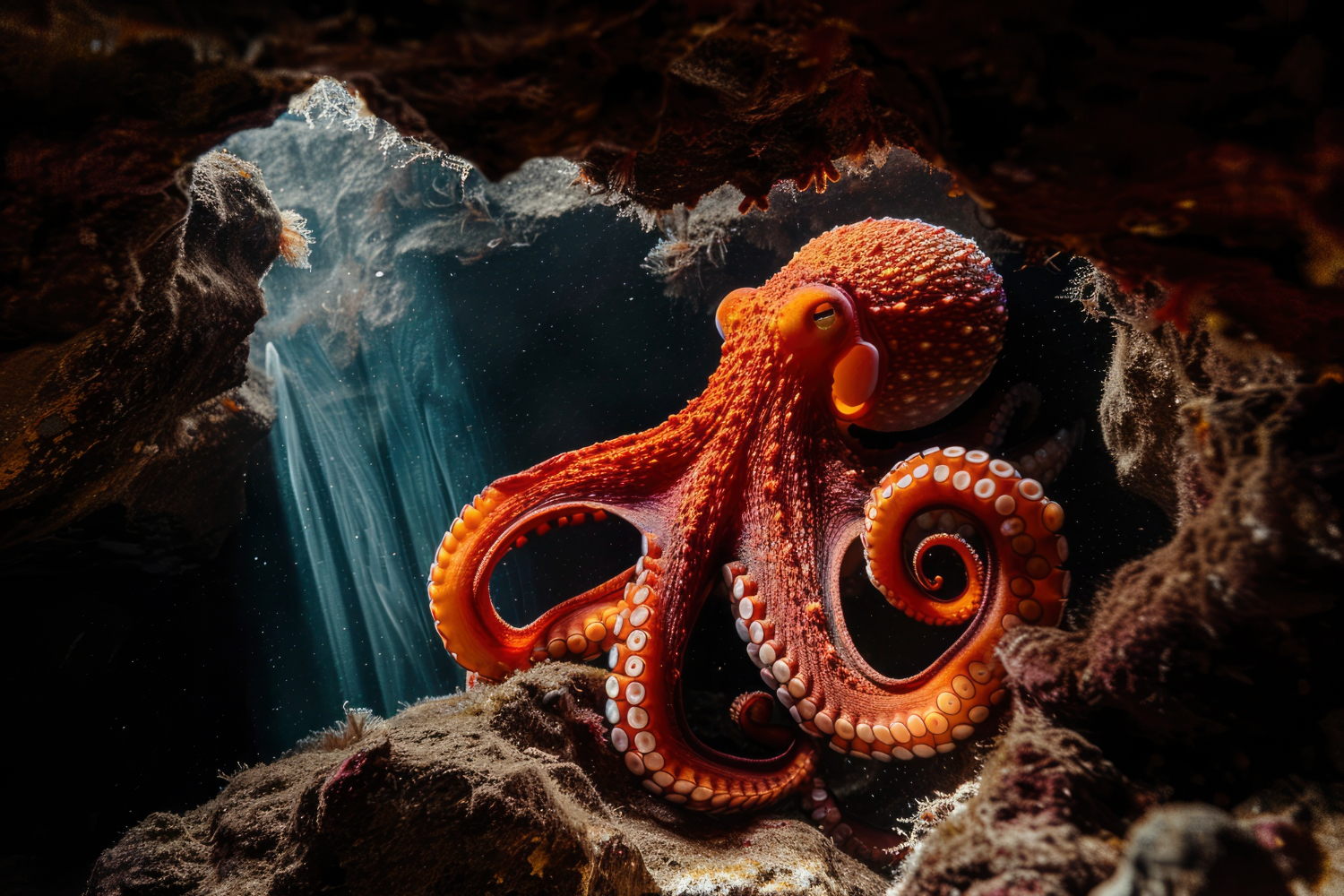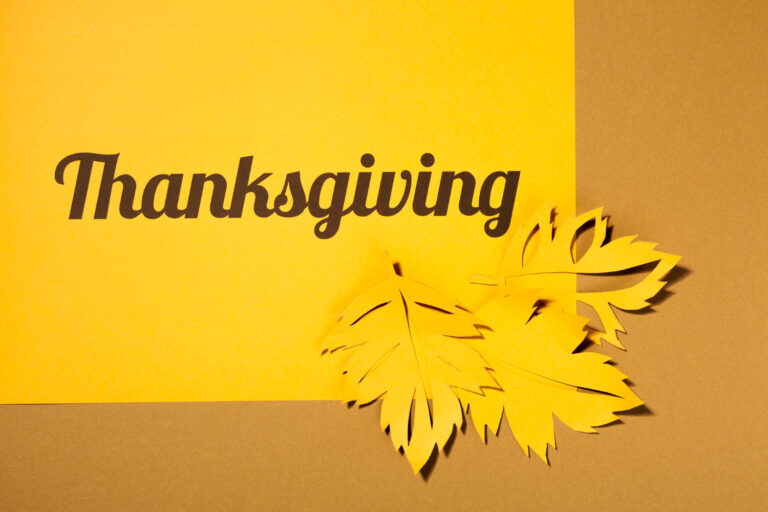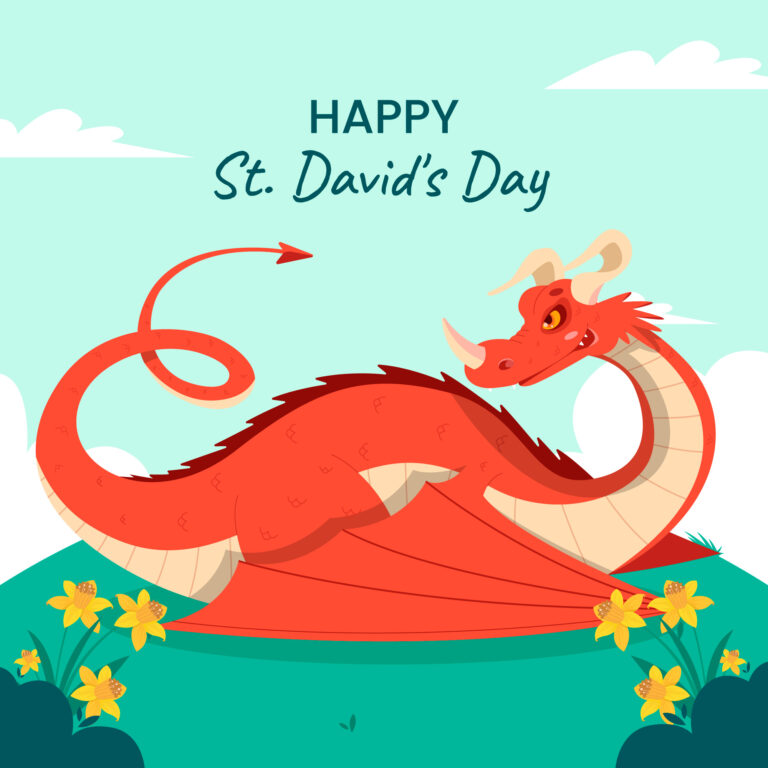Crow Funeral – What is it?
Crows are not just one species, but many species, all in the genus Corvus. All have many characteristics in common, though, such as large size for a perching bird, black or mostly-black plumage, a wide variety of vocalizations, and complex social structures. Crows have long been recognized as among the most intelligent of birds, able to recognize human faces, imitate human speech, and problem-solve using cause and effect. Much of this capability is related to their being a social species. Each group of crows consists of individuals known to each other, who are aware of their relative status, and form alliances within the group. In the same way that crows remember which humans have helped them and which have harmed them, they also remember this about their fellow crows, and are known to refuse to cooperate with a flock mate who has cheated them. They also communicate this to other flock members, so that individual crows who had not previously seen the harmful human nevertheless react the same way as those who had.
Crows are also known to understand about past, present, and future. They can remember how long a food cache has been hidden, and will not go to it if it has been there long enough to have spoiled. They plan ahead, planning the series of steps needed to solve a problem. Crows can also make abstractions. Unlike pigeons, which learn each example separately, crows can learn general principles and apply them to new situations. This understanding enables them to understand water displacement, for example, dropping stones into a pitcher of water to raise the water level, or bending wires into the right shape hook to extract an item from out of reach. They have been known to custom fabricate a hooked stick, then hide it for future use.
The encephalization quotient is a measure of brain size to body size, relative to what would be expected in an animal of given size. The corvids have an encephalization quotient on a par with some nonhuman primates.
These characteristics of crows place them far ahead of other birds in cognitive ability, and even ahead of other songbirds – yes, crows are songbirds in the sense of being in the Order Passeriformes. Songbirds as a group have enough of a concept of individuals that they name their offspring, that is, they have a specific vocalization that refers to that individual and only that individual, and it lasts for that named individual’s lifetime. These songbird vocalizations are more complex than the sounds made by monkeys. It is no surprise that this order of birds should produce such a complex intelligence as that of crows and their relatives the ravens.
Not all animals seem to understand what death is. If pigeons are shown a dead pigeon, they do not show any discernible reaction. The pigeon response is the usual pattern among animals. Only a few, such as elephants, dolphins, primates, and corvid birds (jays, magpies, crows, and ravens) take notice of their dead. As might be expected, these are all notably intelligent animals.
Do Crows Realy Hold Funerals?
When crows find a dead crow, the flock will gather in the trees nearby and call loudly. This has been interpreted as a crow funeral. But is it a funeral in the sense that humans hold funerals? Although there are many neurological and hormonal similarities between humans and other vertebrates, it is best not to make assumptions about such abstract concepts as feelings. Nonhuman animals cannot tell us in words how they feel, so we must instead go by their behavior and attempt to understand its meaning.
Grief or mourning cannot be definitively ruled out, since after all crows are extremely social. They would notice the absence of a familiar member of the flock, and their unique relationship with that member. Existing alliances and social dynamics must be readjusted in the wake of a death in the flock, and if the death occurred during the reproductive season, the deceased’s mate must contend with either attempting to finish raising the brood alone, or finding a new mate and starting over. Experimental evidence, however, suggests a more practical purpose for crow funerals.
When the flock was presented with a researcher holding a dead crow, they exhibited their usual funeral behavior, and also mobbing behavior, diving at the researcher as they would a predator they were trying to drive off. The days following revealed a likely benefit of this behavior. The crows tended to avoid the area where they had seen the dead one, even though they were being offered food there. They also reacted aggressively whenever the same researcher appeared again, even though the researcher came alone, without the dead crow.
These results suggest that the crows are learning valuable survival information. Learning to avoid the area where a death occurred means that if there is still danger there, they will be less exposed to it. This kind of learning has been seen in another context, with a related bird: the California scrub jay. A scrub jay had just buried an acorn, intending to store it for later. Suddenly, a cat sprang out of ambush. The jay quickly flew up to a tree and screamed at the cat until the cat went away. After the cat was gone, the jay unburied the acorn and took it away, no doubt having decided that this was too dangerous a location for a food cache.
The crows gathered around their dead were also attempting to learn what had killed it. The researcher holding the dead crow was perceived as the cause of death, and was remembered and treated as such afterward. The funeral assembly provides safety in numbers, allowing them to investigate a potential predator with less risk to themselves. This episode was remembered by the crows for weeks.
Crows’ concern for the dead is limited to their own species. If shown a dead pigeon, crows do not react in this way, but only to a dead crow. This makes sense, since pigeons live outside the crows’ social system. Crows do not have a reason to be concerned about a pigeon’s life.








